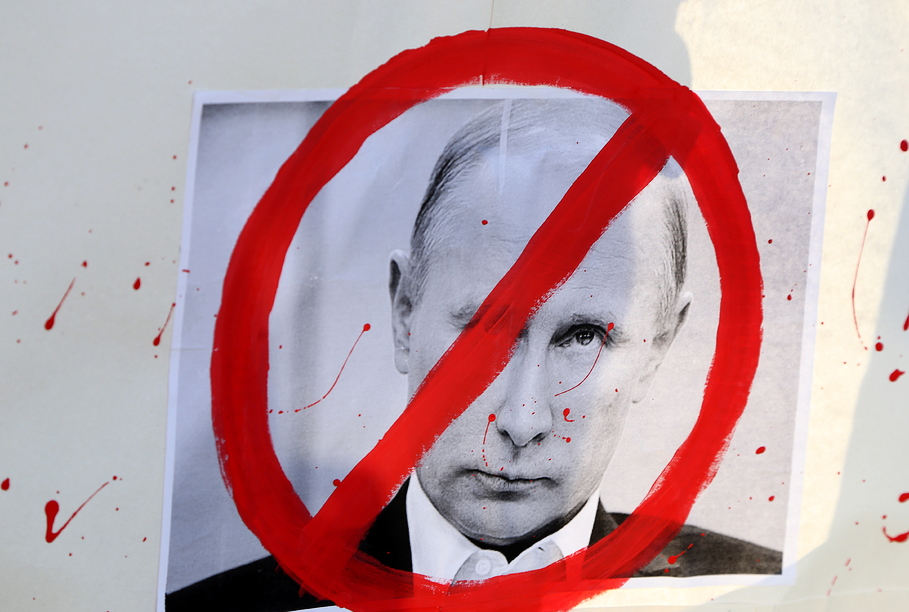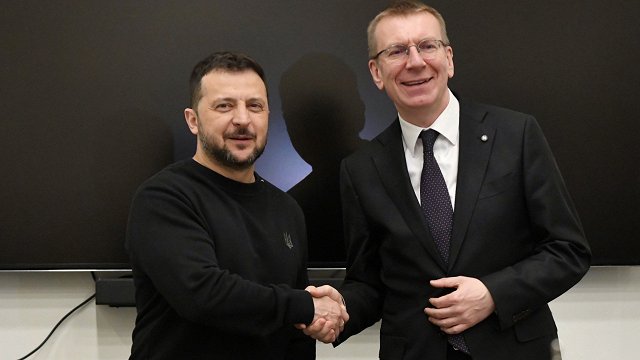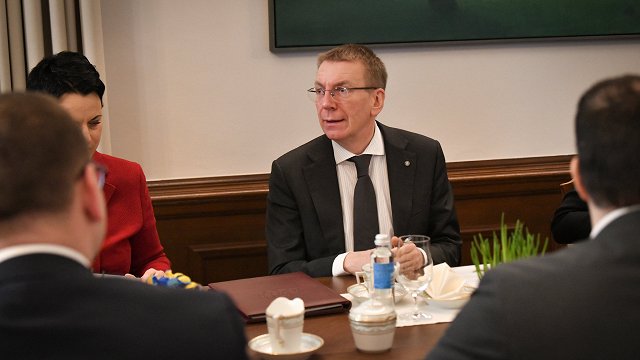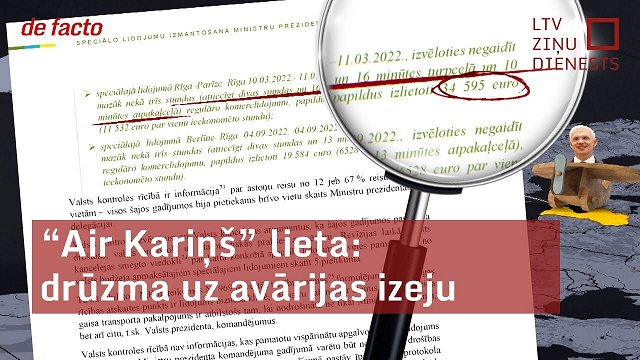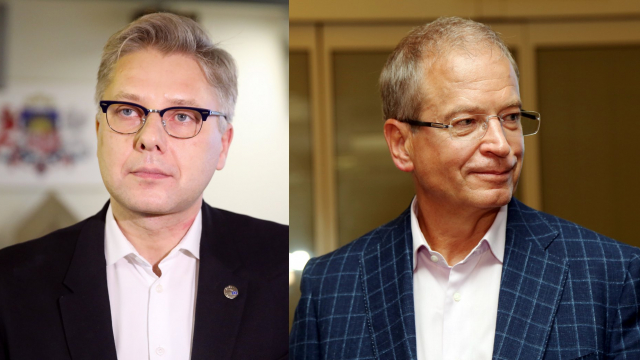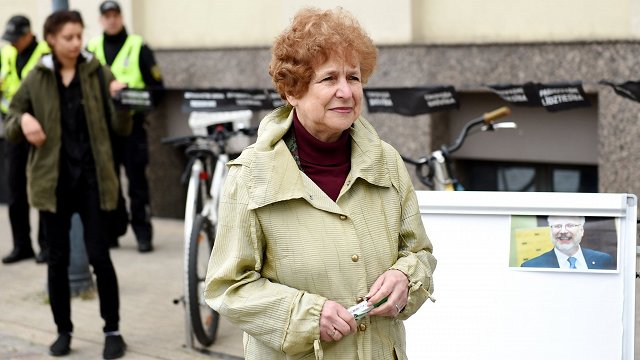Speaking to reporters after a meeting with newly-installed Estonian Foreign Minister Keit Pentus-Rosimannus, Rinkēvičs was asked where he saw increased Russian military activity and propaganda directed against the Baltic states heading.
"We are closely following Russia's military activity both at sea and in the air. We see quite a serious number of flights, also ships, and we all know about this mysterious submarine off Sweden. We certainly should be very cautious. We should not panic, we should not get hysterical because the measures agreed by NATO are sufficient for any possible military provocation," Rinkēvičs said.
"We have also seen increased information warfare and propaganda, we have seen some provocations, the most serious of which is the abduction of an Estonian security agent. But every Baltic country has had some kind of 'greeting' already from our Russian neighbours, but to my mind some of those ativities are intended for internal Russian propaganda purposes."
"We see continuous attempts to show NATO and the EU that Russia is there and certainly I would think we will see a continuation of such military activities in the future.
And on the subject of attempts to stir trouble among the civilian populations, he was optimistic.
"The Russian population here really does not want to see any repetition of the scenario in Ukraine. That's crystal clear and I do believe that any attempts to provoke the Russian population will fail. But sometimes there is a need to respond adequately through our police and intelligence services to such events," Rinkevics said.
For her part, Pentus-Rosimannus stressed the need to stay calm in the face of provocations: "The nasty activities we have seen at times from the Russian side are addressed not only to Latvia and Estonia but more to all western democratic countries. It's important to keep a cool head and to stay firm and address and respond accordingly," she advised.
